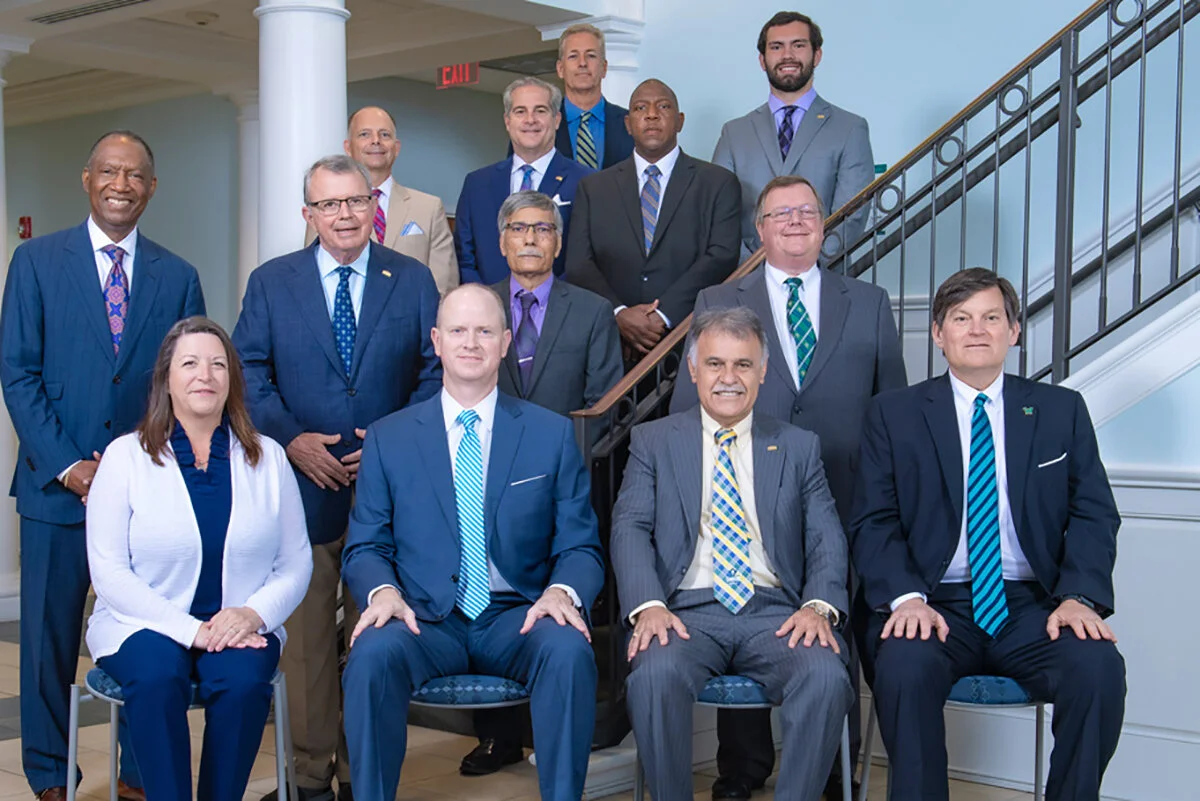Cooper vetoes bill blocking AG from entering collusive lawsuit settlements
By Mitch Kokai, Carolina Journal
Gov. Roy Cooper has vetoed a bill designed to block the state attorney general from entering collusive lawsuit settlements. It's Cooper's 11th veto this year and No. 64 since he took office in 2017.
“This bill is unconstitutional and unwise, and would prevent the Attorney General from doing his job to protect the people of North Carolina,” Cooper said in his veto message for Senate Bill 360. Cooper served as state attorney general for 16 years before running successfully for governor in 2016.
Sen. Paul Newton, R-Cabarrus, responded to the news. "Attorney General Josh Stein and Gov. Cooper’s handpicked elections director secretly negotiated with a Democratic law firm to change the rules of the 2020 election after voting began," he said in a prepared statement. "A partner in that law firm was just indicted for illegal political meddling."
“This bill is necessary to keep corrosive, secretly negotiated rule changes out of future elections," Newton added. "Gov. Cooper just deepened distrust in the electoral process at a time when we should focus on improving it.”
S.B. 360 cleared the legislature without a single Democratic vote. Republican senators approved the measure, 28-21, while Republicans in the House endorsed it, 58-47.
GOP lawmakers would need to convince at least two Democratic senators and three House Democrats to join them for a successful veto override.
The bill stemmed from a controversial 2020 lawsuit settlement involving state election rules. Rep. Destin Hall, R-Caldwell, explained the bill's origins during the final House debate on the measure Sept. 15.
“Many of you were here last session, in summer of 2020, when — facing a pandemic — we had members of both parties … create a bipartisan elections bill because we were dealing with COVID,” Hall said. “We wanted people to be able to vote safely while also ensuring that we had election integrity.”
“We did that,” Hall added. “We worked for weeks on that bill, … and the ultimate product was a bill that passed, 105-14.”
The Senate and governor also signed off on the measure. It became law. But groups aligned with the Democratic Party filed suit against the state’s new COVID-inspired election rules, Hall explained.
“The problem came in September 2020, when a supposed or alleged settlement was reached between the … Democratic governor’s State Board of Elections and Democratic groups who had sued,” Hall said. “So essentially it became a friendly lawsuit at that point.”
“Even though the General Assembly was a party to that lawsuit, they were not given the opportunity to sign off on it,” Hall said.
“This was 41 days before the 2020 election,” he added. “A million absentee ballots had been requested; 225,000 people had already voted in this election. This settlement agreement changed the rules of the game in the middle of an election.”
“I don’t care how you’re changing them — that never makes sense,” Hall said. “We should have one set of rules for an election, and they shouldn’t be changed right in the middle of it, especially after this body has just come together and enacted a bipartisan bill to deal with an election during a pandemic.”
The House speaker and Senate president pro tem filed a lawsuit at the time to block settlement provisions from taking effect.
S.B. 360 would have applied only to future lawsuits. “It would require in these lawsuits from now on that the [president] pro tem in the Senate and the speaker of the House — whoever those people maybe — have to sign off on a settlement agreement,” Hall said. “It doesn’t mean that we’re going to get the outcome that the speaker and the pro tem in the Senate want. It just means that if you’re going to settle a case, then those two individuals … will have to agree to it.”
“That makes sense because that’s how a lawsuit works,” he added. “When it becomes a friendly suit, and two friends sue each other so they can have a pretend settlement agreement and change the laws of this state, it’s not right. It throws doubt into our elections, and it creates chaos.”
Democratic critics argued the bill should have been put forward as a constitutional amendment. They said it would change the attorney general's constitutional duties.
State legislators haven’t voted successfully to override a Cooper veto since December 2018. Cooper has issued 36 vetoes since 2019, after Republicans lost veto-proof supermajority control of the state House and Senate in the 2018 elections. So far, Republican lawmakers have not secured enough Democratic support to set aside any vetoes from the past three years.



